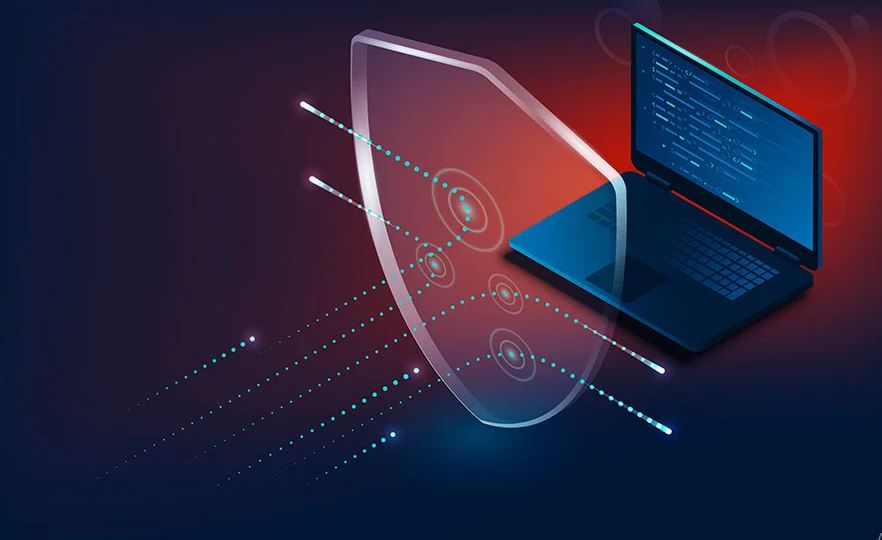Strong security architecture has many individual components that work together as part of a bigger cybersecurity strategy. Endpoint security and identity security are crucial elements in the overall security platforms of businesses online where digital threats have become increasingly prevalent and much harder to detect.
Each of these two solutions (endpoint & identity security) should make an integral part of the IT security bundle of every company that wants to reduce its system vulnerabilities effectively. Remote workers who use home networks and compromised devices are particularly susceptible to malicious attempts, against which endpoint solutions and identity protection act as an immediate line of security.
What is endpoint security?
This is an IT solution that safeguards the entire enterprise network, where many different endpoints can be connected and monitored for threats. Every endpoint (aka entry point) is basically the end-user device that the worker uses to connect with the company network or their cloud-hosted workstation. This is an advanced frontline solution that examines the files entering the network and compares them against a vast database, which has the most up-to-date information generated by the cloud.
How does it work?
Endpoint security solutions give cybersecurity professionals centralized control and visibility over the company flow of information by installing a console device on a company server or network. When the endpoint system is configured, the service provider can add devices through software, which is managed remotely as a SaaS solution. This way, every end device with every employee that is running the application can be fully protected from unauthorized entry attempts, use of unsafe applications, and data loss due to malicious attempts over the network.
Why do you need endpoint security?
Endpoint security protection is one of the most important components in the security architecture of companies, and it is used mainly to detect hacking attempts such as malware, file-less malware, and polymorphic attacks. These solutions are invaluable for the finance and legal industries where malicious attempts over the network have become so commonplace in the last couple of years.
What is identity security?
Identity security is the next line of defense from endpoint protection that takes place within the security platform of the company. It is built to protect all identities from digital threats including machines and humans. In the expanding landscape of cybercrime, everyone who has access to company data online can pose a threat to the integrity of its security. According to recent cybersecurity reports, over 80% of the hacking attempts that take place online are driven by identity, through stealing compromised user credentials. They are also harder to detect due to the big human factor when it comes to user and hacker behavior, which typically appear alike while the malicious incidents take place
Why do you need identity security?
Ever since the outbreak of COVID-19 and the swift shift to a mobile workforce, identity thefts have been rising steadily and developing in complexity. This requires from companies to take their identity security very seriously and provide flexible but also highly effective solutions that can prevent attacks like that from jeopardizing their data security. This solution works against hacking attempts such as ransomware and other identity-driven attacks, supply chain breaches. protocol attacks and many others.
Every remote worker regardless of their job role and industry is exposed to malicious activities of bad actors to some extent or another. This is a very important detection and prevention solution that every company needs in place if they facilitate their operations online. An employee may be in the healthcare sector and have limited access to data, but that does make them immune to such malicious attempts, and what’s worse, compromising the entire IT architecture at all levels in the organization.
Final words
A successful cybersecurity strategy requires an integrated approach that considers every point of entry by the malicious actor into the enterprise systems. Having a frontline defense such as endpoint security and identity-driven security as a secondary measure is a great way to stay protected with some of the most advanced security features currently on the marketplace.






